List of presidents of the Royal Society

The President of the Royal Society (PRS) is the elected director of the Royal Society of London who presides over meetings of the society's council.
After informal meetings at Gresham College, the Royal Society was officially founded on 28 November 1660 when a group of academics decided to found "a Colledge for the Promoting of Physico-Mathematicall Experimentall Learning",[1] acquiring a Royal Charter on 15 July 1662.[2] The Royal Charter nominated William Brouncker as president, and stipulated that future presidents should be elected by the Council and Fellows of the society at anniversary meetings each year on St. Andrew's Day (30 November).
The details of the presidency were described by the second Royal Charter, which did not set any limit on how long a president could serve. There were considerable fluctuations in the president's term of office until well into the 19th century. By then, sentiment had turned against electing wealthy amateurs solely because they might become patrons of the society, and in 1847 the society decided that Fellows would be elected solely on scientific merit. Since the 1870s it has been usual (with a few exceptions) for each President to serve for exactly five years. Under the current statutes, a president cannot serve for more than five years.[3]
The current President is Venkatraman Ramakrishnan who began his 5-year tenure in 2015.[4] Historically, the duties of the president have been both formal and social. Under the Cruelty to Animals Act 1876, the President was one of only a few people authorised to certify that a particular experiment on an animal was justified, and in addition he acted as the government's chief (albeit informal) advisor for scientific matters. At the same time, the President was tasked with entertaining distinguished foreign guests and scientists.[5]
The changeover of presidents occurs on the Royal Society Anniversary Day, the weekday on or nearest to 30 November, after the departing President's Anniversary Address.[6]
Presidents of the Royal Society
| Years | President | Profession | |
|---|---|---|---|
| 1662–1677 | 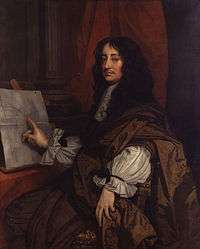 | The Viscount Brouncker | Mathematician |
| 1677–1680 | 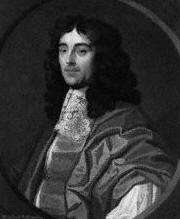 | Sir Joseph Williamson | Civil servant and politician |
| 1680–1682 |  | Sir Christopher Wren | Architect, astronomer and physicist |
| 1682–1683 |  | Sir John Hoskyns, Bt | Lawyer |
| 1683–1684 |  | Cyril Wyche | Lawyer and politician |
| 1684–1686 | 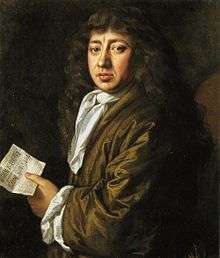 | Samuel Pepys | Naval administrator and Member of Parliament |
| 1686–1689 | 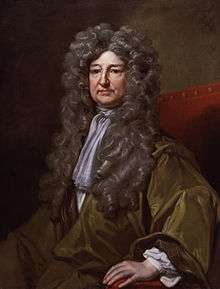 | The Earl of Carbery | Politician |
| 1689–1690 |  | The Earl of Pembroke | Politician |
| 1690–1695 | 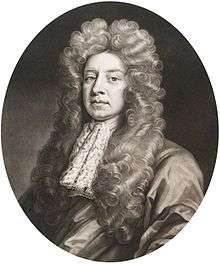 | Sir Robert Southwell | Diplomat |
| 1695–1698 | 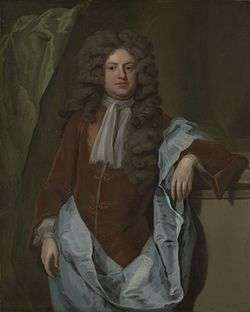 | Charles Montagu | Poet and statesman |
| 1698–1703 |  | The Lord Somers | Jurist and statesman |
| 1703–1727 |  | Sir Isaac Newton | Physicist, mathematician, astronomer, natural philosopher, alchemist, and theologian |
| 1727–1741 |  | Sir Hans Sloane, Bt | Physician and collector |
| 1741–1752 |  | Martin Folkes | Antiquarian |
| 1752–1764 |  | The Earl of Macclesfield | Astronomer |
| 1764–1768 |  | The Earl of Morton | Astronomer and representative peer |
| 1768-1768 |  | James Burrow | Legal reporter |
| 1768–1772 |  | James West | Politician and antiquarian |
| 1772-1772 |  | James Burrow | Legal reporter |
| 1772–1778 |  | Sir John Pringle | Physician |
| 1778–1820 |  | Sir Joseph Banks | Naturalist and botanist |
| 1820-1820 | 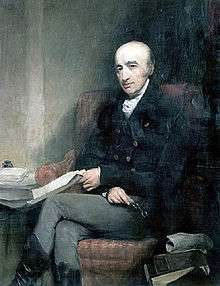 | William Hyde Wollaston | Chemist |
| 1820–1827 | 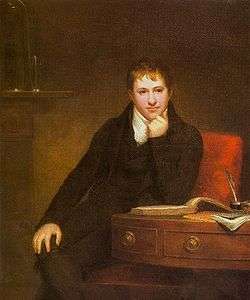 | Sir Humphry Davy, Bt | Chemist and inventor |
| 1827–1830 | 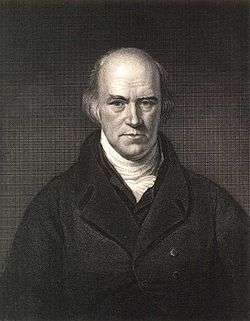 | Davies Gilbert | Engineer, author and politician |
| 1830–1838 |  | HRH The Duke of Sussex | Sixth son of George III of the United Kingdom |
| 1838–1848 |  | The Marquess of Northampton | Nobleman |
| 1848–1854 | 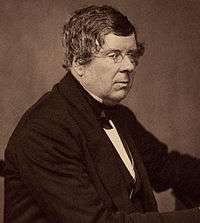 | The Earl of Rosse | Astronomer |
| 1854–1858 |  | The Lord Wrottesley | Astronomer |
| 1858–1861 |  | Sir Benjamin Collins Brodie, Bt | Physiologist and surgeon |
| 1861–1871 | 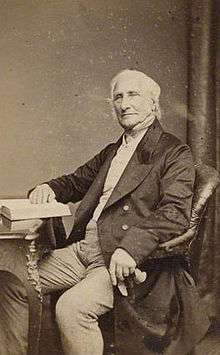 | Sir Edward Sabine | Astronomer, geophysicist, ornithologist and explorer |
| 1871–1873 | 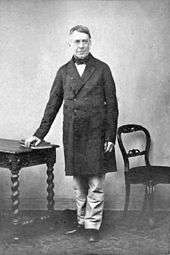 | Sir George Biddell Airy | Mathematician and astronomer |
| 1873–1878 | 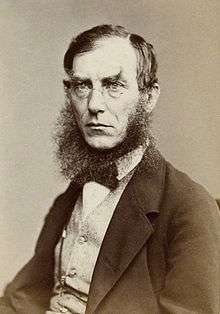 | Sir Joseph Dalton Hooker | Botanist and explorer |
| 1878–1883 |  | William H. Spottiswoode | Mathematician and physicist |
| 1883–1885 | .jpg) | Thomas Henry Huxley | Biologist |
| 1885–1890 | 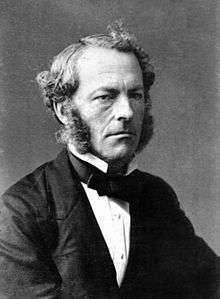 | Sir George Stokes | Mathematician and physicist |
| 1890–1895 | 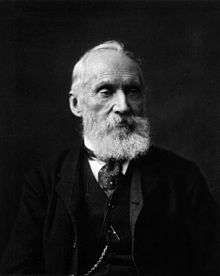 | Sir William Thomson | Mathematical physicist |
| 1895–1900 |  | The Lord Lister | Surgeon |
| 1900–1905 | 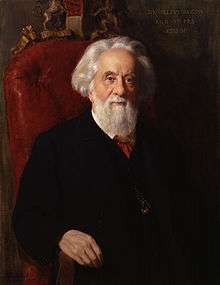 | Sir William Huggins | Astronomer |
| 1905–1908 | 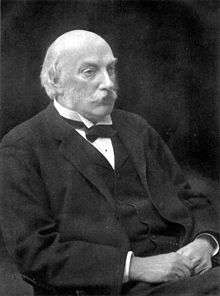 | The Lord Rayleigh | Physicist |
| 1908–1913 |  | Sir Archibald Geikie | Geologist and writer |
| 1913–1915 |  | Sir William Crookes | Chemist and physicist |
| 1915–1920 | 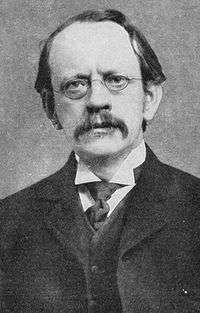 | Sir Joseph John Thomson | Physicist |
| 1920–1925 |  | Sir Charles Scott Sherrington | Neurophysiologist, histologist, bacteriologist, and pathologist |
| 1925–1930 | 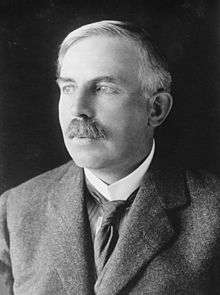 | The Lord Rutherford of Nelson | Physicist and chemist |
| 1930–1935 |  | Sir Frederick Gowland Hopkins | Biophysicist |
| 1935–1940 |  | Sir William Henry Bragg | Physicist, chemist and mathematician |
| 1940–1945 |  | Sir Henry Hallett Dale | Pharmacologist and physiologist |
| 1945–1950 |  | Sir Robert Robinson | Organic chemist |
| 1950–1955 | 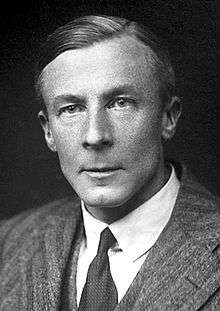 | Edgar Adrian | Electrophysiologist |
| 1955–1960 | 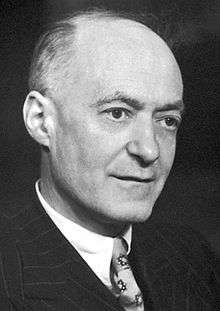 | Sir Cyril Norman Hinshelwood | Physical chemist |
| 1960–1965 | 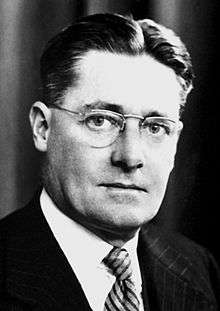 | Sir Howard Florey | Pharmacologist and pathologist |
| 1965–1970 |  | Patrick Blackett | Physicist |
| 1970–1975 | 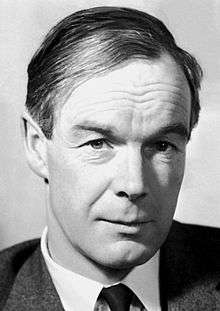 | Sir Alan Lloyd Hodgkin | Physiologist and Biophysicist |
| 1975–1980 | 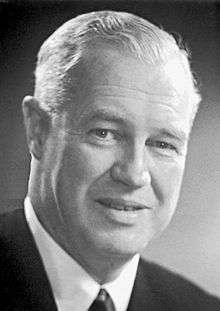 | The Lord Todd | Biochemist |
| 1980–1985 |  | Sir Andrew Huxley | Physiologist and biophysicist |
| 1985–1990 | 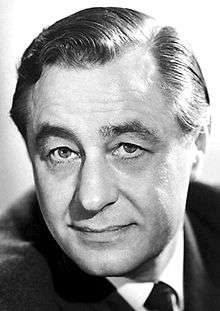 | Sir George Porter | Chemist |
| 1990–1995 | 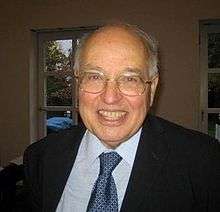 | Sir Michael Atiyah | Mathematician |
| 1995–2000 |  | Sir Aaron Klug | Chemist and biophysicist |
| 2000–2005 | 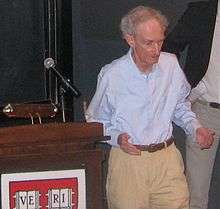 | Sir Robert May | Mathematical Biologist |
| 2005–2010 |  | The Lord Rees of Ludlow | Cosmologist and astrophysicist |
| 2010–2015 |  | Sir Paul Nurse | Geneticist and cell biologist |
| 2015–present |  | Sir Venkatraman Ramakrishnan | Biophysicist |
References
- General
- "Presidents of the Royal Society (1662–2006)". Oxford Dictionary of National Biography. Oxford University Press. 2004.
- Specific
- ↑ "History of the Royal Society".
- ↑ The Royal Society. "Royal Charters". Retrieved 14 March 2012.
- ↑ "The role of President of the Royal Society". The Royal Society. Archived from the original on 9 June 2008. Retrieved 6 December 2009.
- ↑ https://www.facebook.com/theroyalsociety/posts/1061665430532658
- ↑ "The Presidency of the Royal Society of London". Science. American Association for the Advancement of Science. 6 (146): 442–3. 1885. Bibcode:1885Sci.....6..442.. doi:10.1126/science.ns-6.146.442. PMID 17749567.
- ↑ "The Role of President of the Royal Society". The Royal Society. 2008. Retrieved 2 April 2008.